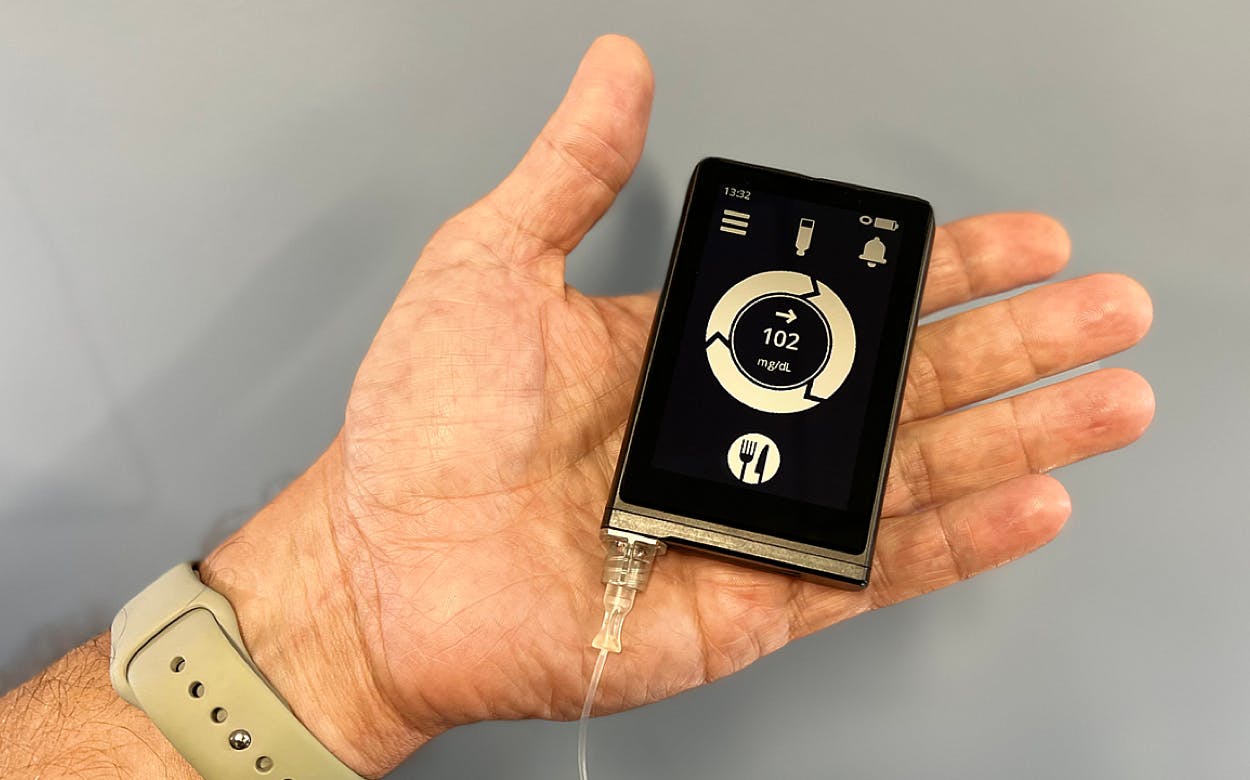This smart bionic pancreas could regulate your insulin levels
A team from Beta Bionics and Harvard Medical School has developed a bionic pancreas for people with type 1 diabetes that could revolutionize the control of users’ blood sugar levels.

The credit card-sized device, called the iLet Bionic Pancreas, monitors a person's blood sugar levels 24/7 and automatically delivers insulin through a tiny cannula when needed. It’s currently under review by the U.S. Food and Drug Administration.
The systems could replace reliance on fingertip glucose testing, a continuous glucose monitor with separate insulin delivery through multiple daily injections, or a pump without automation.
Promising results and convenient features
Adults and children with type 1 diabetes who used the bionic pancreas for three months saw their average blood glucose levels drop without an increase in potentially dangerous blood sugar lows, the researchers reported.
The iLet requires minimal input from the user (e.g., an indication of weight when the device is turned on). Afterward, the bionic pancreas tracks the user’s blood glucose levels with a continuous glucose monitor and delivers the hormone insulin automatically as needed with an insulin pump.
This is important because people with type 1 diabetes need the right amount of insulin at the right time to avoid complications. Normally, this requires multiple fingerstick blood tests and insulin injections each day. It's an extremely tedious and uncomfortable process. This is why only about one-fifth of people with type 1 diabetes in the U.S. keep their average blood glucose levels within the recommended range.
A device like the bionic pancreas could eliminate the need to count carbohydrates or dose insulin to correct high blood glucose. In addition, healthcare providers do not need to adjust the device's settings on a regular basis.
Outlook
The bionic pancreas could reduce the risk of long-term diabetes complications and, most importantly, make patients' lives more comfortable. But the ultimate goal is to miniaturize the bionic pancreas to make the fight against diabetes completely invisible.